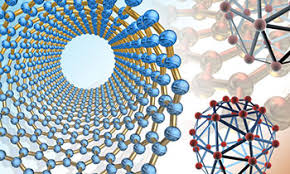Mechanical and Materials Engineering, Department of

Department of Mechanical and Materials Engineering: Faculty Publications
Document Type
Article
Date of this Version
2016
Citation
Scientific Reports | 6:29643
Abstract
The majority of (mammalian) cells in our body are sensitive to mechanical forces, but little work has been done to develop assays to monitor mechanosensor activity. Furthermore, it is currently impossible to use mechanosensor activity to drive gene expression. To address these needs, we developed the first mammalian mechanosensitive synthetic gene network to monitor endothelial cell shear stress levels and directly modulate expression of an atheroprotective transcription factor by shear stress. The technique is highly modular, easily scalable and allows graded control of gene expression by mechanical stimuli in hard-to-transfect mammalian cells. We call this new approach mechanosyngenetics. To insert the gene network into a high proportion of cells, a hybrid transfection procedure was developed that involves electroporation, plasmids replication in mammalian cells, mammalian antibiotic selection, a second electroporation and gene network activation. This procedure takes 1 week and yielded over 60% of cells with a functional gene network. To test gene network functionality, we developed a flow setup that exposes cells to linearly increasing shear stress along the length of the flow channel floor. Activation of the gene network varied logarithmically as a function of shear stress magnitude.
Included in
Mechanics of Materials Commons, Nanoscience and Nanotechnology Commons, Other Engineering Science and Materials Commons, Other Mechanical Engineering Commons


Comments
Open access
doi: 10.1038/srep29643